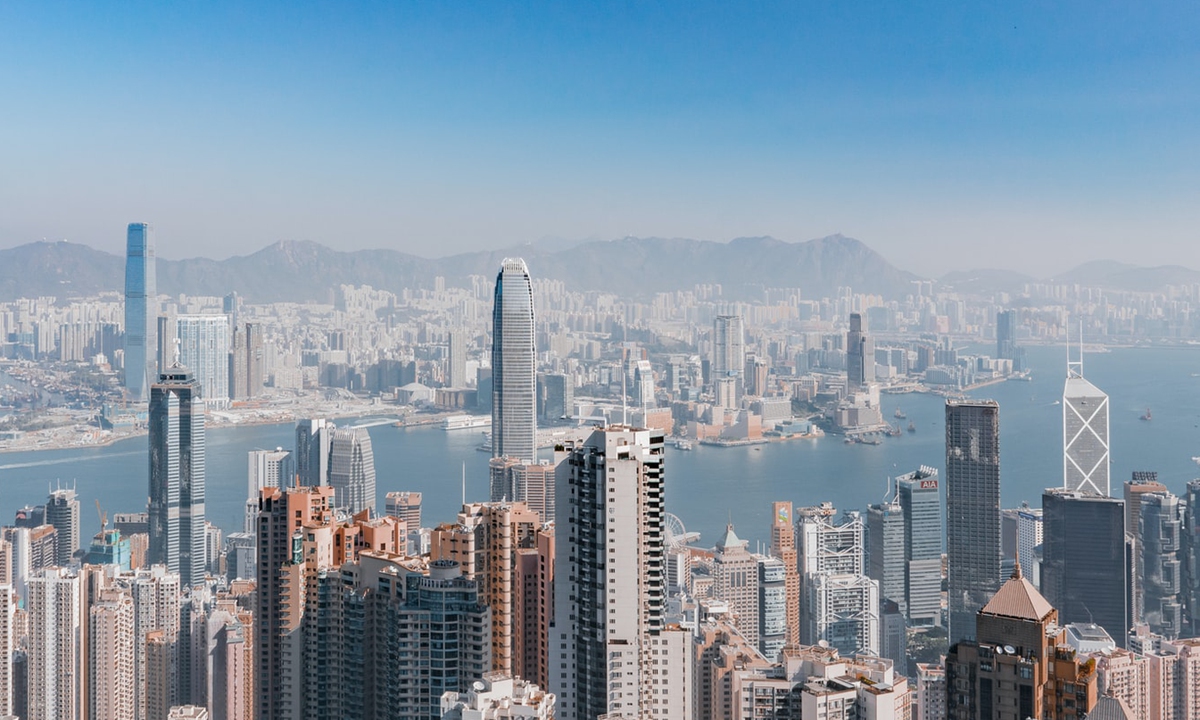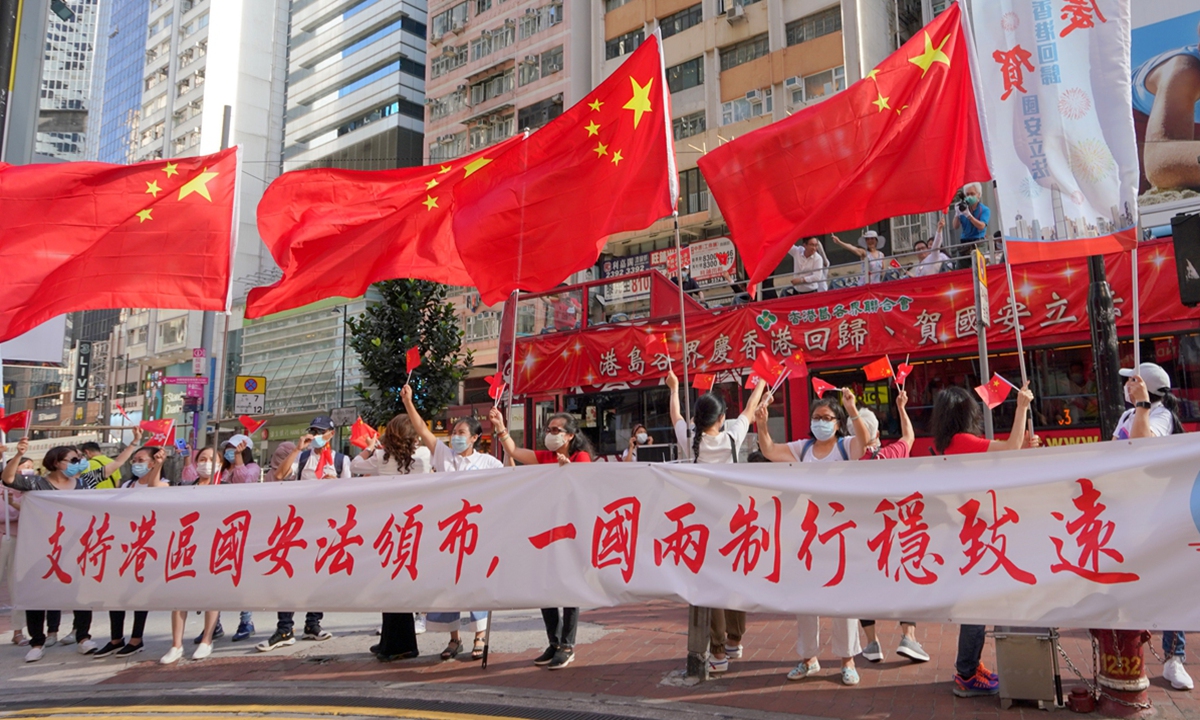China rejects UN human rights experts’ open letter on HK issue
Source: Global Times Published: 2020/9/5 16:22:09

Hong Kong Photo: Unsplash
China's Permanent Mission to the United Nations (UN) Office at Geneva and other International Organization in Switzerland said remarks in an open letter from the UN Human Right Council (UNHRC) Special Procedure Mandate Holders about the National Security Law for Hong Kong Special Administration Region (HKSAR) contain malicious accusations based on false information and unfounded speculation, which seriously interferes in China's sovereignty and internal affairs, and China rejects them.
On Tuesday, Fionnuala Ní Aoláin, Special Rapporteur on "the promotion and protection of human rights and fundamental freedoms while countering terrorism," and a few other special procedures mandate holders of the UNHRC sent a communication to the Chinese government regarding China's legislation on safeguarding national security.
The UNHRC "experts" claimed in the open letter that the recently enacted national security law for Hong Kong "infringes on certain fundamental rights" such as the region's independence of judges and lawyers and right to freedom of expression, Reuters reported.
The Chinese Mission to the UN on Friday said in a statement that China firmly opposes and totally rejects the communication as it is based on false information and unfounded speculation, and it makes unwarranted and malicious accusations regarding the legislation, while grossly interfering in China's sovereignty and internal affairs.
It said the law is both necessary and legitimate for China to establish and improve at national level a legal framework and enforcement mechanism for safeguarding national security in Hong Kong, in order to plug existing loopholes in legislation for the region, effectively safeguard national sovereignty and security of China and ensure that HKSAR continues to enjoy prosperity and stability and that "one country, two systems" principle is steady and enduring.
The Chinese Mission to the UN also stressed that the legislation clearly stipulates respect for and protection of human rights. The rights and freedoms, including freedom of the press, of speech, of publication, of association, of assembly and to demonstrate, which Hong Kong residents enjoy under the Basic Law and the provisions of the International Covenant on Civil and Political Rights and the International Covenant on Economic, Social and Cultural Rights as applied to Hong Kong, are all protected by the legislation.
"The groundless accusations made by those experts against the national security law are utterly untenable," it noted.

Hong Kong citizens gather to support the National Security Law for Hong Kong. File photo: cnsphoto
The statement slams Aoláin and other mandate holders for turning a blind eye to the activities of separatists and local radical forces in the HKSAR, the escalation of violent terrorist activities and the serious negative impact of foreign interference in Hong Kong affairs.
They shrugged off the legitimate measures by China to safeguard its sovereignty, unity and territorial integrity, to prevent and control national security risks and ensure the long-term prosperity and stability as well as lasting peace and order in the HKSAR, said the statement, adding that the UNHRC also turned a deaf ear to the voices of 1.4 billion Chinese people, including Hong Kong compatriots, who support the national security Law for Hong Kong.
"Out of arrogance, bias and their own political motives, they wantonly distorted and slandered the national security Law and rushed to publish the communication online without effective communication with the Chinese side, in order to cater to certain Western countries and anti-China forces," said the statement.
"This once again shows that certain mandate holders do not possess the professional quality and competence to perform their duties and are unwilling to understand and look into issues in a comprehensive, impartial and objective manner.
Even worse, they intend to abuse their mandate for political purpose, in violation of both the purposes and principles of the Charter of the United Nations and the Code of Conduct for Special Procedures Mandate-holders of the Human Rights Council," that statement continued.
The Chinese Mission to the UN said that in recent years, serious problems have been increasingly exposed in the special procedures system and more countries have voiced their concerns, noting that the credibility of the entire system has been seriously undermined due to wanton actions by certain mandate holders.
The Chinese government stands firm in safeguarding national sovereignty, security and development interests, implementing the "one country, two systems" principle and opposing any external intervention in Hong Kong affairs, said the statement.
"No force, under any circumstances, can waver the determination and will of the Chinese government and people to safeguard national sovereignty and security and to maintain prosperity and stability in the HKSAR," it said.
RELATED ARTICLES:
Posted in: SOCIETY